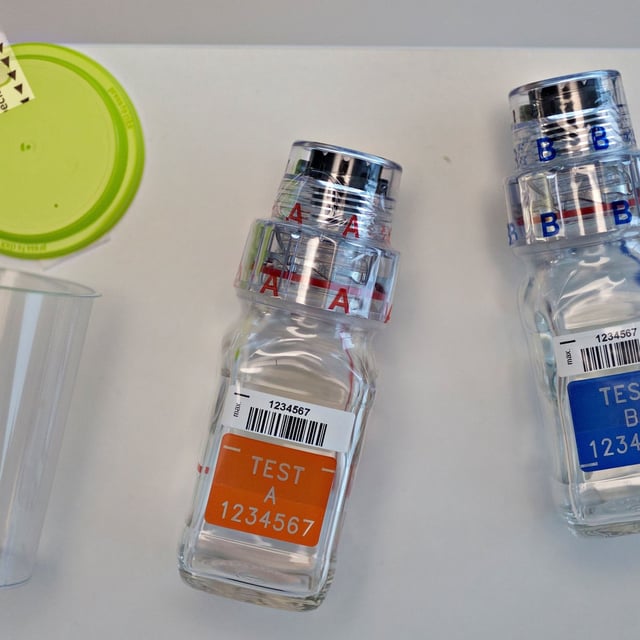Overview
- Anti-doping authorities have warned athletes to avoid casual sexual encounters due to the risk of inadvertent doping from intimacy-transmitted substances.
- Current WADA rules place strict liability on athletes, requiring them to prove contamination sources, which is often challenging without witness testimony.
- USADA and experts are advocating for rule changes to classify low-level, intimacy-based findings as atypical rather than adverse analytical findings.
- USADA chief Travis Tygart criticized WADA's handling of Chinese swimmers' positive tests for trimetazidine, which may have impacted 96 Olympic medals across Tokyo 2021 and Paris 2024.
- Proposed reforms include raising minimum reporting thresholds for substances known to be transferable through intimacy, aiming to reduce false positives and protect athletes.



